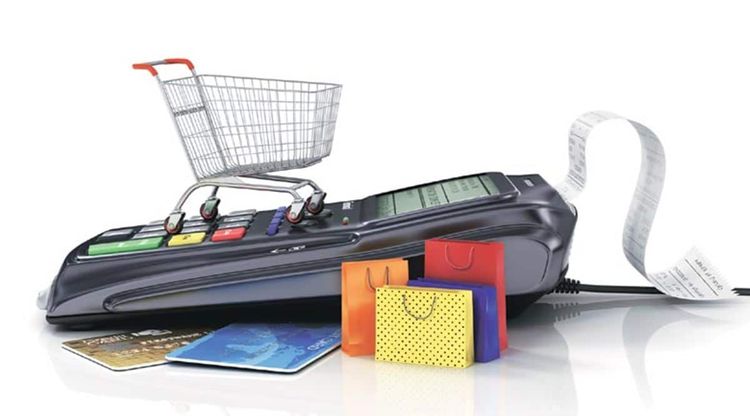6 essential steps to stop overspending and achieve financial goals

Master Responsible Spending For A Secure Future
Do we truly value the saying "Saving money is just as good as making money"? It's common for us to overlook the fact that the money we save is essentially the same as the money we earn. With this in mind, we have the power to make the most of our savings to reach our important objectives.
In today's age, where excessive spending has emerged as a widespread problem that can cause severe damage to our financial stability, it is essential to embrace prudent expenditure practices in order to safeguard our economic prospects.
Today, we shall delve into several essential elements that can help you steer clear of excessive expenditure and regain a firm grip on your monetary situation.
Evaluate your earnings and monitor your outlays, organizing them into necessary and optional items. By establishing a practical financial plan and adhering to it, you can give importance to vital expenditures while restraining extravagant purchases, guaranteeing that your monetary situation stays stable.
It is crucial to keep a record of your expenses if you want to truly comprehend how you spend your money. Make sure to log every purchase, no matter how big or small, so you can pinpoint any patterns and areas where you tend to spend too much. There are numerous budgeting apps and tools out there that can simplify this task, making it more convenient to keep an eye on your spending.
Check out this article on effective strategies to save money for short-term financial objectives.
Put Needs First
Differentiating between necessities and desires is crucial when attempting to prevent excessive spending. Adhil Shetty, the Chief Executive Officer of Bankbazaar.com, advises, "Give priority to vital expenditures like nourishment, accommodation, basic utilities, and healthcare before indulging in optional acquisitions. Reflect on whether a specific purchase is truly indispensable or if it can be postponed or completely discarded."
Spontaneous purchasing frequently results in excessive expenditure. Instead, cultivate the habit of postponing gratification by incorporating a time of reflection, known as a "cooling-off" period, before engaging in non-essential transactions. Invest a day or two to ponder whether the item is genuinely indispensable, as this can eradicate impulsive buying tendencies and foster more sensible choices in terms of finances.
To prevent excessive spending, utilize intelligent shopping methods. This involves conducting thorough investigations and comparing prices, utilizing coupons or promotional codes, and capitalizing on discounts and special offers. Additionally, contemplate shopping with a prearranged checklist to steer clear of impulsive buying, and endeavor to purchase essential items in large quantities to experience prolonged financial benefits.
Shetty proposes, "Examine the reward points offered by your credit card and determine if there are any extra rebates or zero interest installment plans accessible to you. If you manage your credit card prudently, it can help you save a significant amount of money."
It is of utmost importance to cultivate a sense of financial knowledge and self-control in order to avoid excessive spending. Keep yourself up-to-date with your financial objectives and understand the potential long-term repercussions of impulsive purchases. Frequently evaluate how well you are progressing towards your savings goals, pinpoint areas where you could make enhancements, and don't hesitate to seek advice from financial professionals if necessary.
Spending too much money is a crucial part of handling finances. Additionally, it is absolutely necessary to adopt sensible spending patterns in order to ensure a stable and successful future.









































